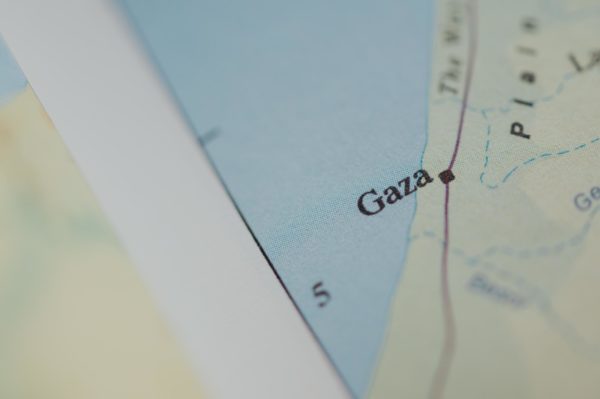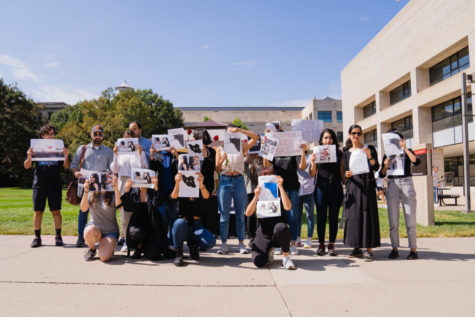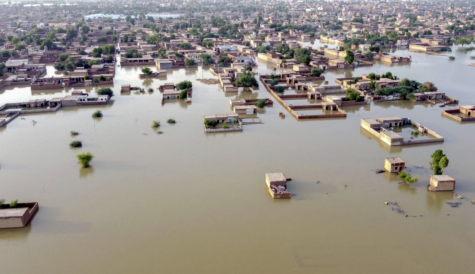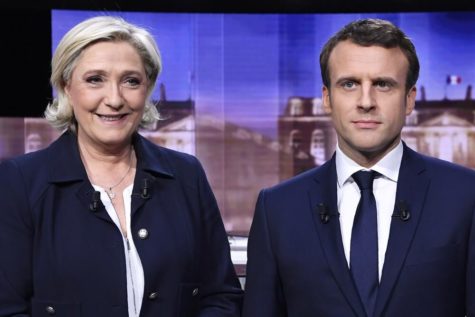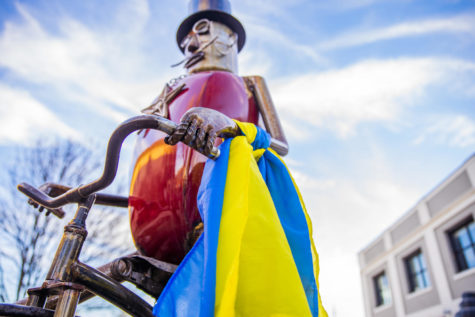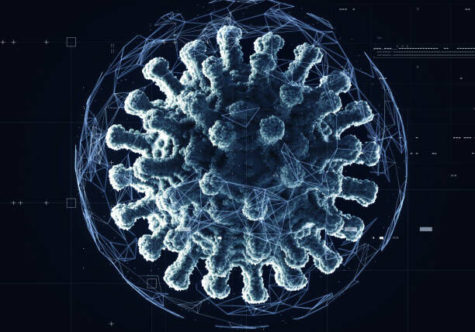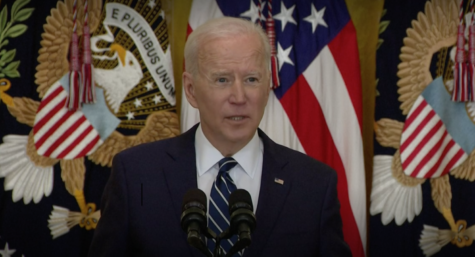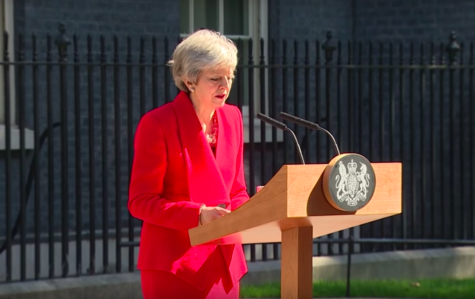Libya has ‘great evidence’ against Gadhafi’s son, ICC prosecutor says
April 19, 2012
TRIPOLI, Libya (CNN) — Libyan prosecutors have gathered “great evidence” against the son of former dictator Moammar Gadhafi, International Criminal Court chief prosecutor Luis Moreno-Ocampo said Thursday, reopening the controversial question of where Saif al-Islam Gadhafi will be tried.
Both the International Criminal Court and Libya’s new authorities want to put him on trial, and the two sides have been battling over it since his capture in November.
The court demanded this month that Libya hand him over immediately to face accusations of crimes against humanity, but Libya appealed the decision.
Libyan interim Prime Minister Abdurrahim El-Keib told CNN in an exclusive interview that Gadhafi could “absolutely” get a fair trial in Libya and that he should face justice there.
“We intend to project the real image of the new Libya,” he said.
Asked about the doubts voiced by human rights groups over the country’s capacity to stage the trial properly, he responded: “I can guarantee you that we will prove them wrong, we are ready … to go and give him the proper justice and a fair trial.”
Moreno-Ocampo, visiting Libya on Thursday, raised the possibility that the Libyan wish would be granted.
Libyan prosecutors told him they had interviewed witnesses, including “high-level people” they have in custody, and had gathered phone intercepts and documents, Moreno-Ocampo said.
It includes specific evidence showing Saif allegedly committing crimes with his own hands, not just ordering it, he said.
Moreno-Ocampo said he had just learned for the first time that the Libyans had opened an investigation in December.
“We had a meeting with the Libyan prosecutor,” he said. “For the first time we learned he opened an investigation in December 2011 about the same crimes we investigated, and he has many witnesses. So he has a case.”
Libyan authorities must now present their evidence to International Criminal Court judges, along with the explanation of how they will be able to hold a fair trial, the international prosecutor said.
“Now Libya has to present this to the judges. And they promised to do that,” he said.
They consider it “crucial” for the Libyan people to see the son of the late dictator face justice in his own country, Moreno-Ocampo said the authorities told him.
“The Libyans have to see Saif here, and they have to show that they can do it. That’s the goal,” he said.
If the ICC judges are satisfied, they will allow Libya to try Saif al-Islam themselves, he said.
Saif al-Islam Gadhafi was facing an arrest warrant from the court for alleged crimes against humanity at the time fighters from the Libyan city of Zintan captured him.
He has been detained there since November.
El-Keib said authorities in Tripoli were in negotiations with those holding Gadhafi in Zintan to transfer him to the capital.
The Zintan representatives are worried about his safety and security, El-Keib said, but those concerns are ones that can be met. The handover “won’t take long,” he said.
ICC defense lawyers said April 5 that Gadhafi had been mistreated and “physically attacked” in custody.
Gadhafi is in a “legal black hole,” held in “total isolation” except for visits from officials, his ICC-appointed defense said in a strongly worded statement.
He also suffers dental pain because he hasn’t had treatment, and Libyan authorities have given him nothing to remedy the pain, lawyers Xavier-Jean Keita and Melinda Taylor said.
“The brutal death of Moammar Gadhafi deprived the Libyan people of their right to justice and their right to the truth. It would be a travesty for the prospects of a free and fair Libyan state if the same were to occur to his son,” they said. Moammar Gadhafi died after opposition forces captured him in October.
But El-Keib rejected the defense attorneys’ suggestion that the younger Gadhafi was suffering ill treatment in captivity.
“I can guarantee you that he has been safe, he has been treated definitely in a humane and a very decent manner,” he said.
Drawing a contrast with the regime under Moammar Gadhafi, El-Keib said Libya had “definitely changed tremendously — it’s 180 degrees (different) when it comes to human rights and respecting human rights.”
— CNN’s Jomana Karadsheh contributed to this report.






